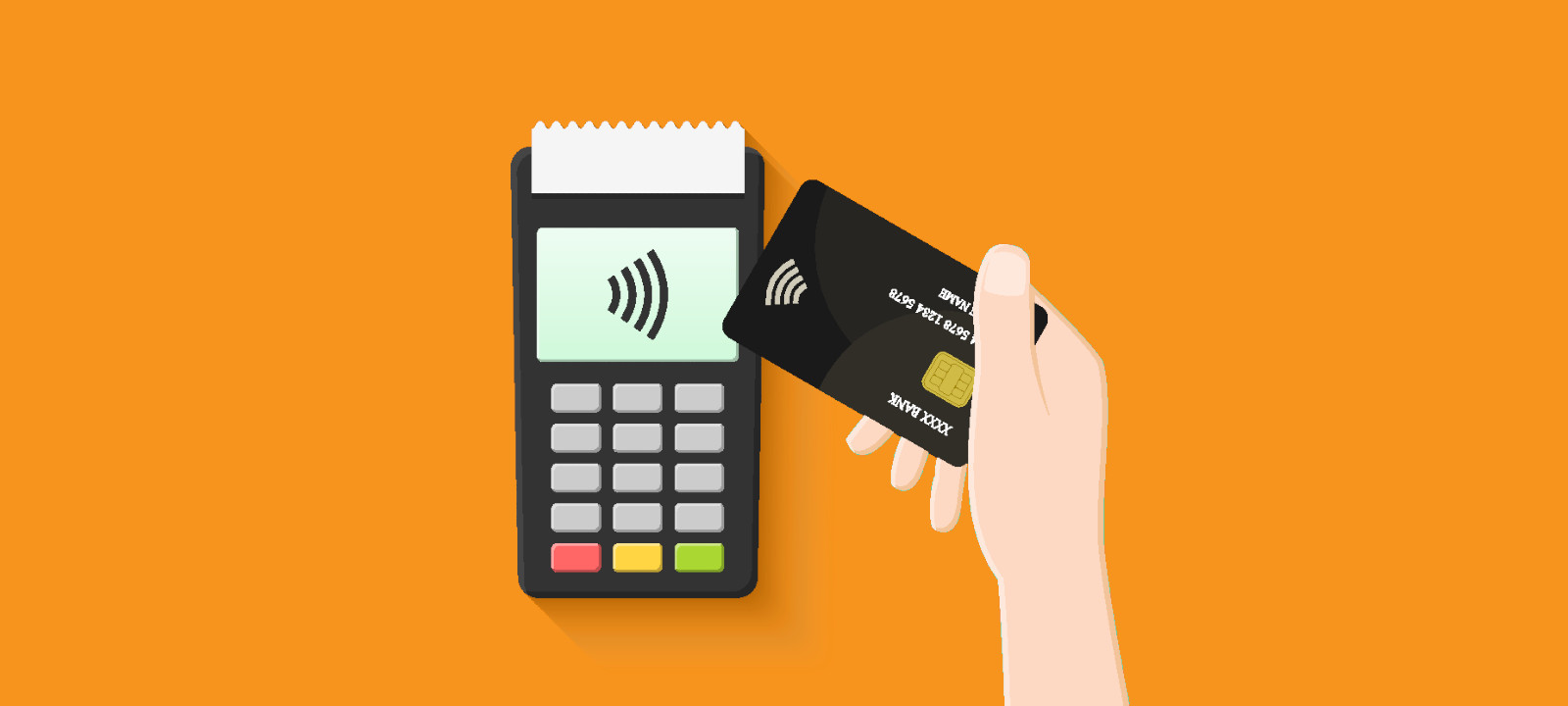As a business owner, it is important to have a clear understanding of the various fees associated with accepting electronic payments, particularly Eftpos transactions. These fees can have a significant impact on your business's bottom line and should be carefully considered when evaluating payment systems.
What is Eftpos?

Image source: Google
Eftpos, or Electronic Funds Transfer at Point of Sale, is a payment system that allows customers to make electronic debit card transactions at the point of sale. This system is widely used in Australia and New Zealand, where it is the primary method of accepting card payments.
When a customer makes a purchase using their debit card, the amount is transferred from their bank account to the business's account electronically. The Eftpos system facilitates this transfer and ensures a secure and efficient payment process. This website provides a comprehensive list of providers, allowing you to easily compare rates and choose the best option for your business.
Merchant Fees
Merchant fees refer to the charges imposed on businesses for accepting electronic payments, including Eftpos transactions. These fees are typically a percentage of the transaction value or a flat fee per transaction.
The specific merchant fees associated with Eftpos transactions can vary depending on several factors, including the type of card used by the customer (e.g., debit or credit), the volume of transactions processed, and the payment provider or bank used by the business.
Factors Affecting Eftpos Merchant Fees
Several factors can influence the merchant fees associated with accepting Eftpos payments:
Transaction Volume
The volume of Eftpos transactions processed by your business can affect the fees charged. Some payment providers offer tiered pricing structures, where the per-transaction fee decreases as the volume of transactions increases. It is important to assess your business's transaction volume and negotiate pricing accordingly.
Card Type
The type of card used by the customer, whether debit or credit, can impact the fees associated with Eftpos transactions. Credit card transactions generally have higher fees due to additional risk factors and potential rewards programs offered to customers. It is essential to understand the fee structure for different card types and consider the average transaction mix in your specific business.
Payment Provider or Bank
The payment provider or bank you choose can also affect the merchant fees for Eftpos transactions. Different providers may offer varying fee structures, and it is crucial to compare options and negotiate the best terms and rates for your business.
In Conclusion
Understanding and managing Eftpos merchant fees is crucial for any business that accepts electronic payments. By being aware of the factors that impact these fees and implementing strategies to minimize their impact, you can optimize your business's bottom line and ensure profitability in the long run.